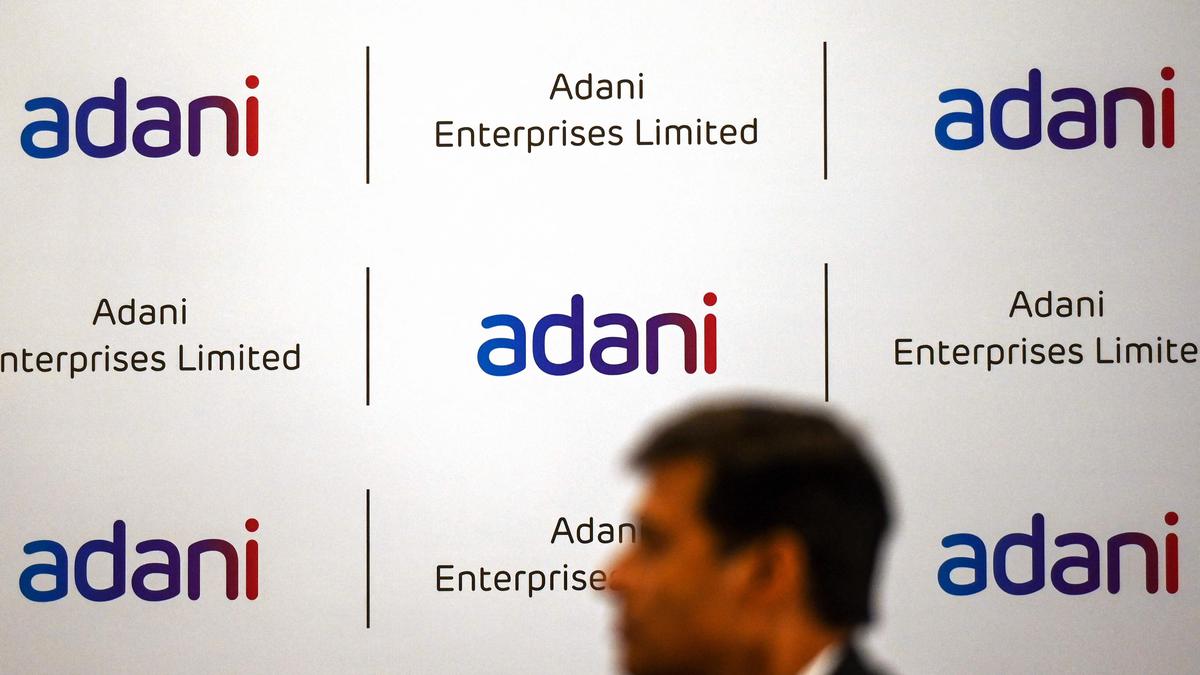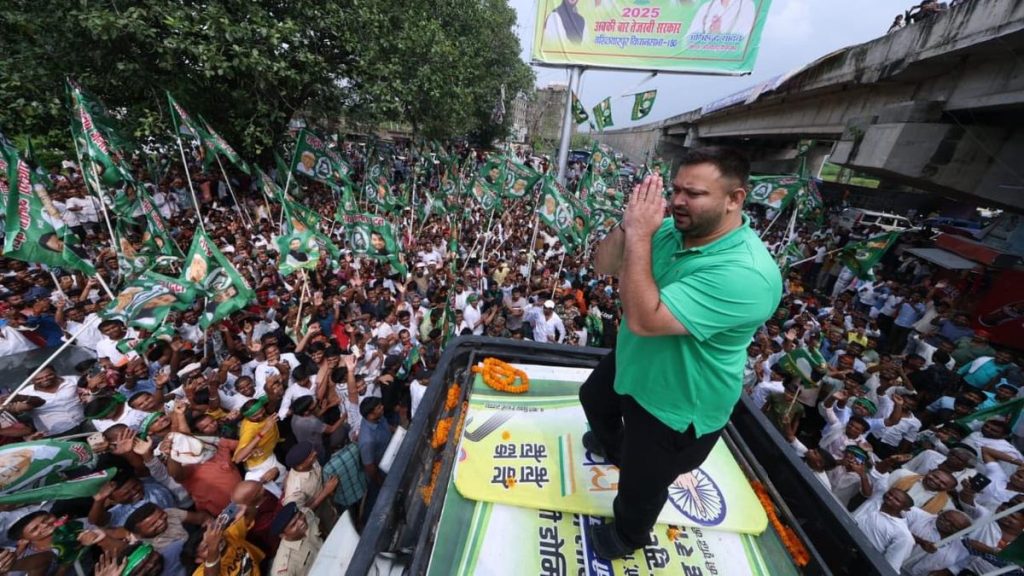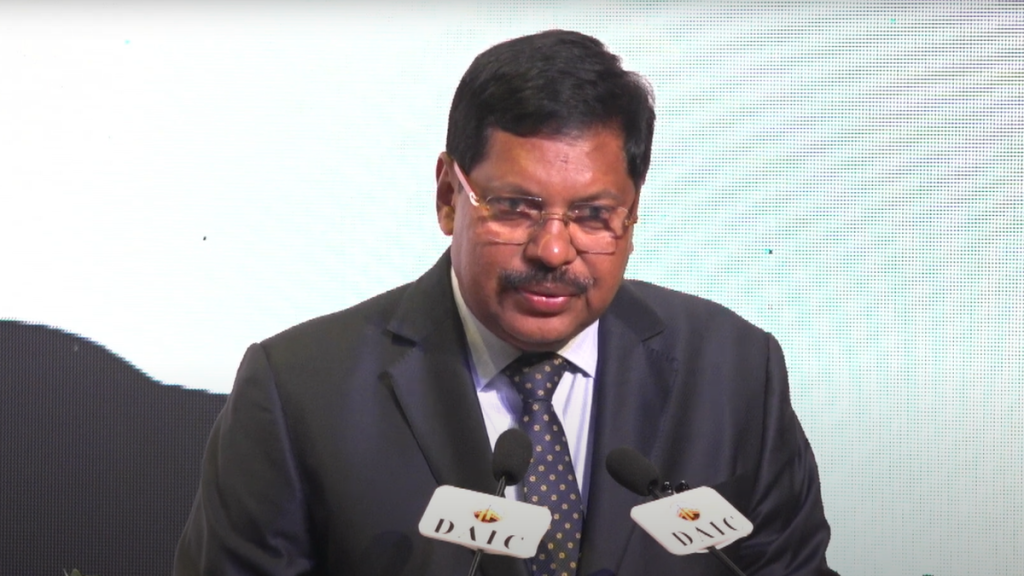Now Reading: Delhi Court Rejects Urgent Plea on Adani Gag Order as Journalists Condemn Takedown Notices
-
01
Delhi Court Rejects Urgent Plea on Adani Gag Order as Journalists Condemn Takedown Notices
Delhi Court Rejects Urgent Plea on Adani Gag Order as Journalists Condemn Takedown Notices

Speedy Summary
- On September 17, 2025, a Delhi court refused journalist Paranjoy Guha Thakurta’s urgent appeal against an injunction restraining him from publishing allegedly defamatory content about Adani Enterprises limited (AEL).
- The case stems from a September 6 injunction passed by Special Civil Judge Anuj Kumar Singh against nine journalists and activists. The order restrained the publication of “unverified, unsubstantiated and ex-facie defamatory” material about AEL while permitting “fair, verified” reporting.
- Journalists argue the order is excessive, lacking specific identification of defamatory content and issued without hearing defendants. Advocacy groups have flagged concerns over its impact on freedom of speech and legitimate journalism.
- Following the injunction, the Ministry of Facts and Broadcasting issued takedown notices for hundreds of online posts across platforms such as YouTube and Instagram under IT Rules 2021.Platforms like Meta and Google were tasked to act as intermediaries to remove flagged content within deadlines ranging between hours or days.
- Prominent journalists including Ravish Kumar, Akash Banerjee, Paranjoy Guha Thakurta voiced criticism over what they viewed as arbitrary censorship without due legal process or opportunity to contest decisions in courts beforehand.
Indian Opinion Analysis
This case raises critical questions regarding freedom of speech vis-à-vis defamation claims on a corporate scale in india. While legal provisions protect individuals or entities from damage to reputation through false statements, pre-trial ex parte blanket injunctions such as this one risk curtailing legitimate journalistic scrutiny-a fundamental element of democracy-without concrete evidence presented upfront or sufficient judicial oversight.
The incident also underscores growing tension between media independence concerns versus enforcement tools embedded within frameworks like IT Rules 2021 granting intermediary roles disproportionately burden broadcasters managing timelines escalated bureaucratic effects hastily advanced censorship deemed overly centralized corporately challenged authorities attribute openness issue societal chilling impacts systematic particular fractionarily progressing scales judiciary/guardians
























